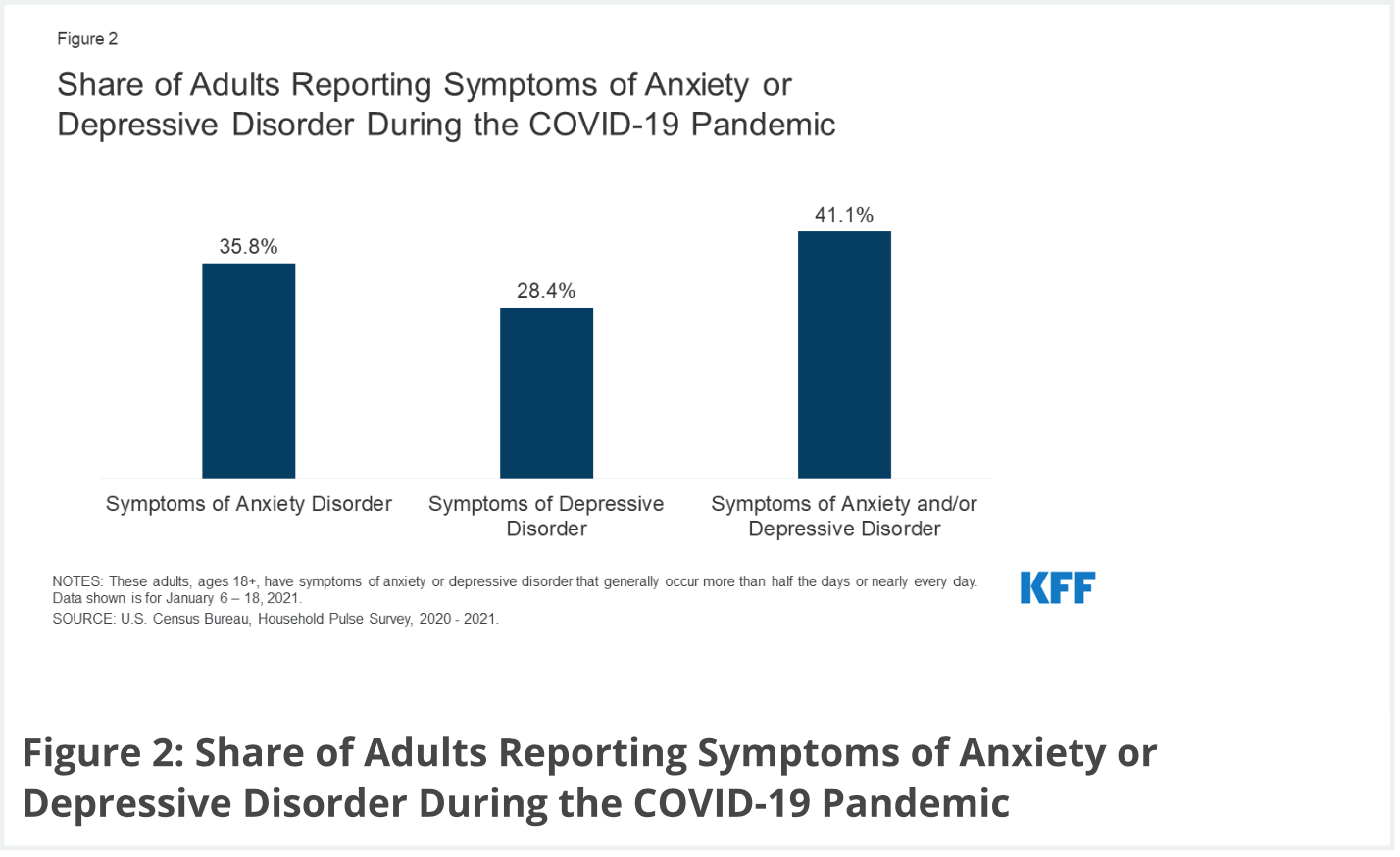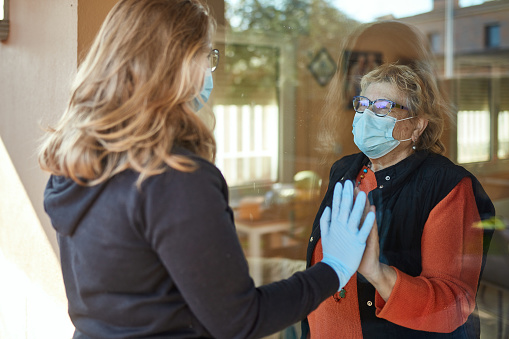Are Lockdowns Really As Beneficial As They Tell Us They Are?

Now that the summer has quickly come to an end and fall is banging on the door, here comes fall fashion, hot beverages, good soup, along with cold/flu, and now COVID-19 season. Of course, we all know that a slew of weather changes and fluctuating waves of sickness come with colder weather. But after coming out of a year-long lockdown in both Paris and the United States, people are getting back on their feet and enjoying what is now, for the most part, "normal" life.
Yet, as the winter months are approaching, we all have the same fear: will there be another lockdown? A terrifying thought, yet it could be a possibility. Was the lockdown truly as effective as politicians, doctors, neighbors, and friends told us it was? Researchers, doctors, scientists, friends, and family have seen firsthand the adverse side effects of these lockdowns, including increased mental health issues, crashing economies, and further suffering for those dealing with substance abuse.
In a study done between March 2020 and December 2020, young adults between 18 to 24 years old living in the US showed 49.1% reporting anxiety disorders and 52.3% reporting depressive disorders. Yes, this is a smaller study group and age bracket; however, these are alarmingly high percentages that reflect the fear created by the illness and the long-term social and physical isolation that is a part of a lockdown. In comparison, on average, 40 million adults, or 18.1% of the population ages 18 and older, suffer anxiety disorders or depressive disorders every year. According to the National Health Interview Survey, in 2019, 8.1% of adults in the same age bracket had symptoms of anxiety disorder, 6.5% had symptoms of depressive disorder, and 10.8% had symptoms of anxiety or depressive disorder.
Graph from the Kaiser Family Foundation
This data is used as a benchmark, so what is it telling us? While it can be argued that there is a smaller age group in the first study, there is still an extremely high increase in those who have had their mental health negatively impacted by lockdowns. Research done after other pandemics, such as the 2003 SARS outbreak, has shown that mental health impacts outlast the physical impact of disasters such as the current pandemic. Those who have had mental illness before the COVID-19 lockdown are at a greater risk of having their preexisting mental health issues exacerbated by future lockdowns.
With lockdowns and mental health challenges also come coping mechanisms. Although some of us were lucky enough to binge-watch Netflix and do puzzles all day, some had to battle with their internal struggles. One of the most prevalent issues that arose during lockdowns was the increase of substance abuse, specifically drugs and alcohol. As of June 2020, the CDC and Prevention reported that 13% of Americans said they started or increased their substance use as a way of coping with stress and emotions related to COVID-19. Not only that but ODMAP, a reporting platform for both fatal and non-fatal overdoses by members of EMS, Law Enforcement, and Healthcare givers, showed that at the beginning of the pandemic, there was an 18% increase nationwide in overdoses compared to the same months in 2019.
Experts in the health and law sectors agree that the current research and clinical observations demonstrate that pandemic-related stressors directly correlate to an increase in abuse. "There's sort of a perfect storm of factors that we know increase drug use," say William Stoops, a Ph.D. professor of behavioral sciences, psychiatry, and psychology at the University of Kentucky. "People are more stressed and isolated, so they make unhealthy decisions, including drinking more and taking drugs." As people are experiencing higher than normal levels of stress over if they will be able to put food on the table or pay this month's rent, individuals have fewer ways to cope. Many people rely on social and physical activities such as going to the gym or gathering with friends, and because of lockdowns, they no longer have access to these stress relievers.
Recovery Village, a drug and alcohol rehab center that cares for patients who suffer from mental illnesses located all over the US, conducted a survey in December 2020 on adults aged 18 and older about their drug and alcohol usage in the previous month. When asked why they felt the need to use substances, 53% were coping with stress, 39% were trying to relieve boredom, and 32% were trying to cope with mental health symptoms. With these results in mind, the data shows that individuals will succumb to unhealthy habits when confined and isolated.
When discussing the increase of substance abuse, one also must look at the rise in overdose deaths. Because of lockdowns, people are more likely to die alone when using drugs as there is no one there to call for help or administer opioid reversal agents such as Narcan or Naloxone. Especially during the beginning of the pandemic, individuals were essentially cut off from seeking medical care due to COVID-19 restrictions in their local area.
In John Steinbeck's novel, Travels With Charley, he says, "a sad soul can kill you quicker than a germ." Forced social and physical isolation is an extreme stressor with well-known detrimental side effects to overall health. When the body is in stress overdrive, the immune system is also in hyperdrive as pro-inflammatory cytokines are released. A small number of cytokines are healthy; they keep the body regulated. However, when present for weeks, months, or years, it can be harmful to the body turning into chronic systemic inflammation and eventually progress into chronic diseases.
Photo From Unsplash
Not only does constant stress cause greater susceptibility to other health issues, but in advanced-aged individuals, the aging process is accelerated, and the immune system can become dysfunctional. In addition, there is a link that shortened Telomeres increase death and disease vulnerability.
In looking at the overall lockdown health impacts, the main ripple effects also include higher mortality from causes such as hunger, delayed health care, a more significant inequality gap due to lack of access to education, and financial constraints.
With all of this in mind, lockdowns seem to be paradoxical. The very thing meant to keep individuals safe and healthy is the thing that has become most detrimental to their health. There is no way to eliminate getting a cold or COVID-19 entirely. Still, the solution that I offer is to not go into another lockdown if the US population and other nations around the world are to recover. Second, the population needs to become vaccinated, or individuals need to build natural immunity. Lastly, the US needs to learn, practice, and integrate healthier living practices. When you keep your body and mind healthy, good health will follow.



